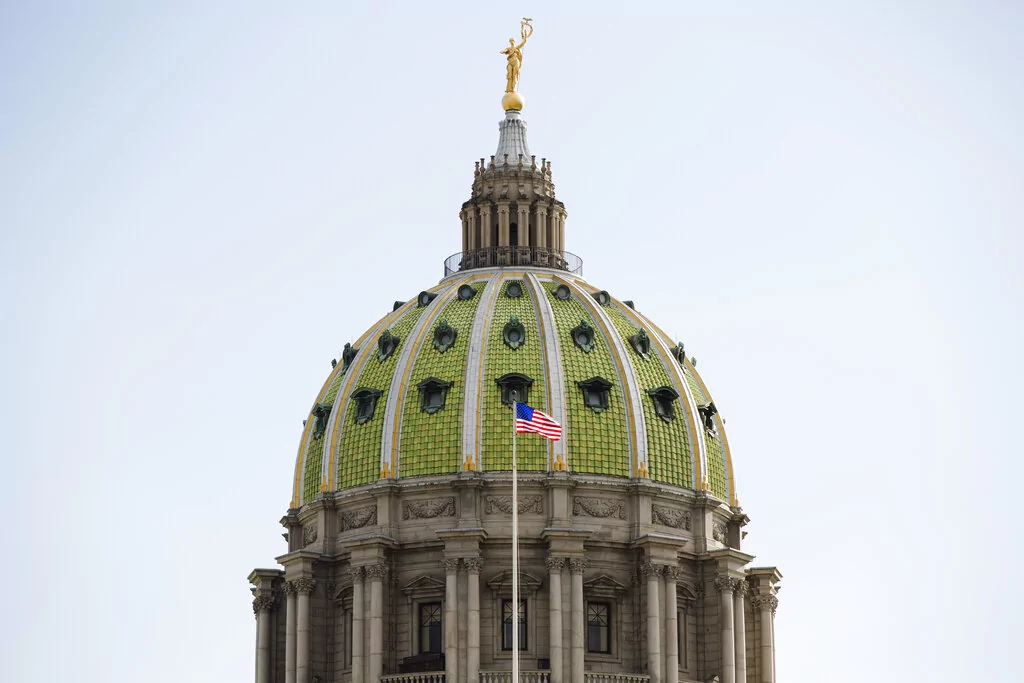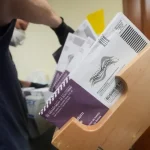

(The Center Square) – An expiring state law protects utility customers from rising bills, winter shut-offs and unaffordable reconnection fees.
House lawmakers took a big step on Wednesday, passing legislation to reauthorize an expanded version of the law for another decade, but not without disagreement over the long-range impact.
Prime sponsor Rep. Rob Matzie, D-Ambridge, said on the chamber floor that creating a sliding income scale for repayment plans, as well as paying connection fees in arrears, will help residents struggling to keep the lights on as inflation keeps rates high.
“It makes it easier for people living paycheck to paycheck to pay their bills if something goes haywire,” he said.
Rep. Craig Williams, R-Chadds Ford, said that Matzie’s bill will have the opposite effect, arguing that customers in the highest income bracket in the bill – 300% above the federal poverty level, or $93,000 annually for a family of four – will be subsidized by nondelinquent ratepayers, even those who make far less.
“The good news for that family,” Williams said, “is that if you cannot pay your bill, you could not pay your bills indefinitely and someone else all around you will be paying it for you, which means that if you are making $45,000, you’re going to be subsidizing that family.”
Pennsylvania’s median household income is $76,490 annually, according to the state Department of Community and Economic Development. Nearly 2 million residents make less than $100,000.
Matzie clarified that the new law would use gross income to determine eligibility for the assistance program, and that preventing shutoffs means utility companies will incur less debt.
“They don’t get free electricity,” he said. “They don’t have to pay upfront cash to get turned on. They don’t have to pay upfront cash to get reconnected to service and they have to enroll in a customer assistance program. And their service can’t be terminated in the winter. That’s what a family of four at 300% of the federal poverty line gets in this bill, not free utilities.”
House Republican Leader Bryan Cutler, R-Quarryville, said the legislation “is a little bit short on math,” noting that bills could rise as much as $50 a month as utility companies recoup costs.
“When you are even a nickel, or even a penny over that threshold, you are now paying for perhaps one of your neighbors who is a nickel below the threshold in an increased rate,” he said. “That will drive costs up and up and up.”
He urged Matzie and others to “be real” about the bill’s impacts, no matter how well-intended.
The legislation now moves to the Senate for consideration.






